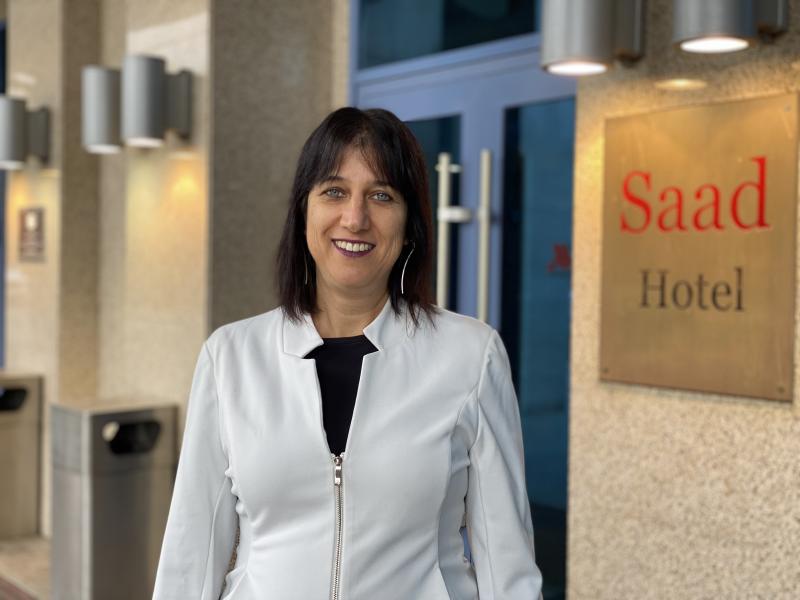
The problem of qualified personnel shortage in agriculture in Israel will be solved by the introduction of robots. Michal Levy, Senior Vice President for Agricultural Innovation at the Ministry of Agriculture of the State of Israel, spoke about this and other innovative solutions in agriculture in an exclusive interview with World of NAN.
Today, the problem with personnel in agriculture has become a global one, because the age of farmers is growing, and young people have no desire to do such work. In Israel, the shortage of personnel is solved by introducing new technologies and methods of controlling the situation in the field.
"We are investing a lot in robotics in order to have a workforce doing the work in the field in the future. It's not yet practiced today, but we're putting a lot of finances into this area to find a solution as quickly as possible. Robots will do almost all the work in the field, in the greenhouse, in the garden, wherever it is needed. Their use will not only increase efficiency, but also prevent waste. For example, a farmer cannot harvest all the tomatoes because they do not always ripen at the same time. So the farmer might miss some of the fruit, but the robot will remember everything and use GPS to know exactly where the ripening vegetables are. He will know that he needs to come back in a few days to pick the tomato he left behind. So I think using technology is the future of agriculture, that's how we'll have to work," said Michal Levy.
This is something Kazakh farmers can only dream of. However, conditions in Kazakhstan are incomparable to Israel, so foreign agrarians find other more innovative methods of work. According to Israel's vice president of agricultural innovation, it is their progressive approach that enables them to farm sustainably in such harsh conditions.
"We focus on getting information from our land. To do that today, we use satellite imagery and drones that fly over the field and generate data. By processing the data and images, comes an understanding of what needs to be done. For example, by analyzing data from an orchard, we can identify the tree with the lowest yield. Then the farmer works with the tree: irrigates, treats or replaces it. This allows us to use the land more efficiently without damaging it," the expert explained.
Do we use our land efficiently? Comparing grain yields with European countries, the answer is obvious. And while we think how to achieve the same success in Israel, they are trying to use every square meter of land efficiently. Michal Levy told World of NAN that they are now looking at multipurpose land use.
Israel gets a lot of sunshine and high temperatures, and this sometimes has a negative effect on crops. The solution to this problem could be photovoltaic panels that would shelter crops from the sun and generate "green" electricity.
"I think it's very useful, but we need to figure out how to do it right so it doesn't harm plant growth. We'll create shade for the crops and erect energy-generating infrastructure to bring the technology into the fields. Sensors and other electronics may be needed to get information from the land. It's something new for us, and hopefully we'll succeed," Michal Levy shared her plans.
In Kazakhstan, conditions for agriculture are not as harsh, but they change over time and not for the better. For example, this year's drought has shown how important it is to have an irrigation system. And with global warming and water scarcity, such a system must be economical. In Israel, water was a problem from the beginning, so the drip irrigation system there is obvious. Most of local farms use it, and not only in horticulture, but also in field farming. However, Israeli scientists do not intend to stop at such a practice.
"Today we are trying to take drip irrigation a step further and basically do precision irrigation. The soil has specific features, using which it is possible to determine where to irrigate effectively. Sometimes you only need to irrigate certain areas, not the whole field. Our idea is to use satellite images or drones to understand exactly where the field needs irrigation. In this way, we can save more water," explained Michal Levy.
Israel has come a long way in terms of innovation, and domestic scientists have a lot to learn, but not all of their developments are suitable for Kazakhstani agrarians. That is why Michal Levy, Vice President for Agricultural Innovation at the Ministry of Agriculture of the State of Israel, came to Kazakhstan to find out what problems exist and help solve them. The Israeli party has expressed interest in joint projects; we only have to wait for the fruit of the two countries' creation. World of NAN will follow the joint work and pass on the information.






































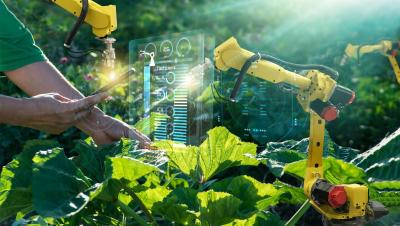
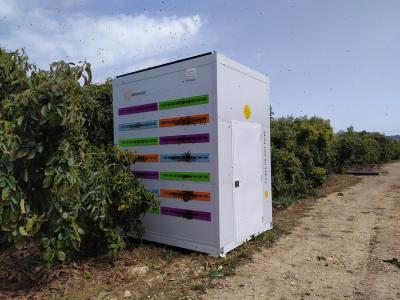
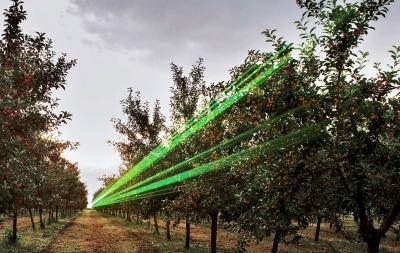
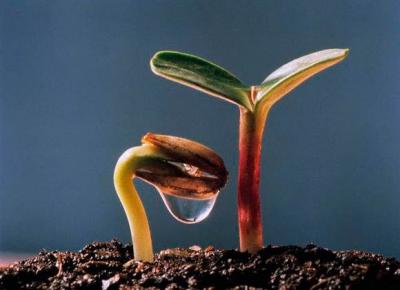
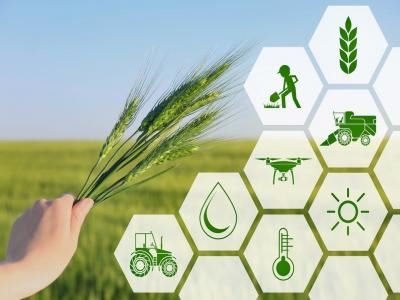

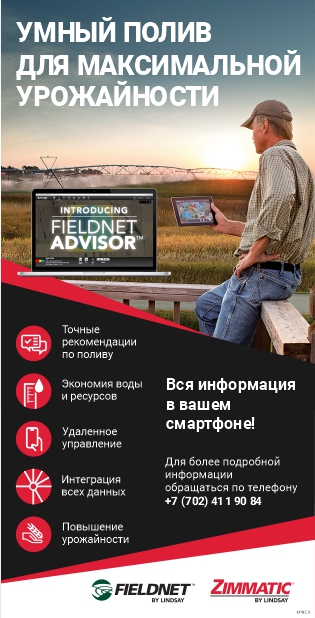

Обсуждение